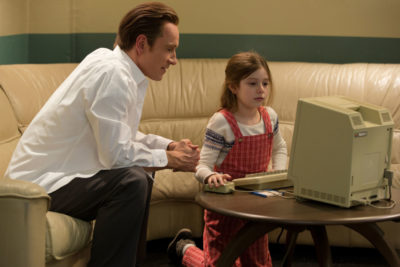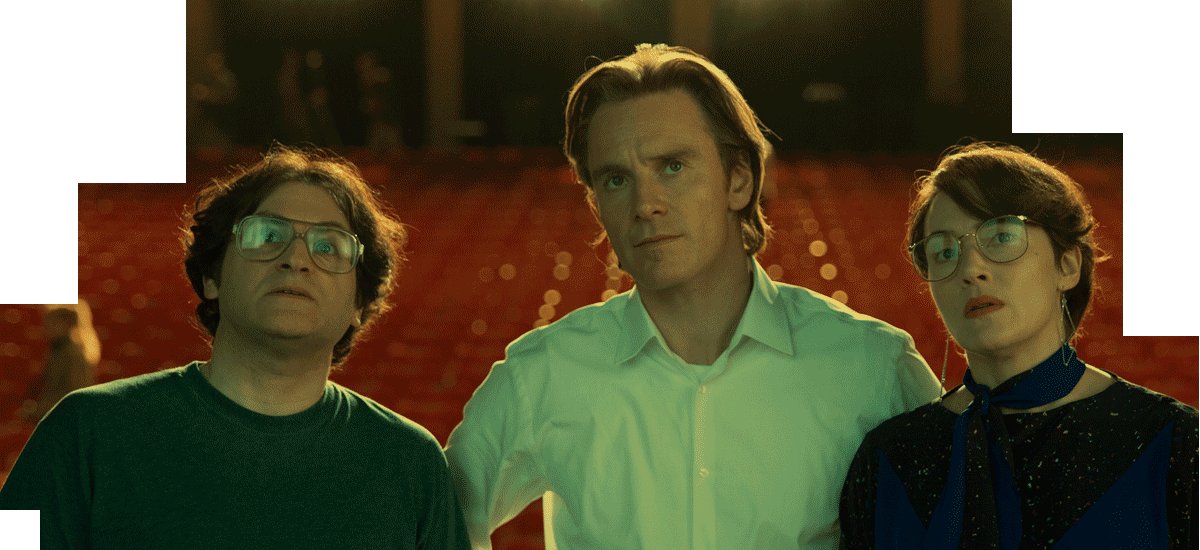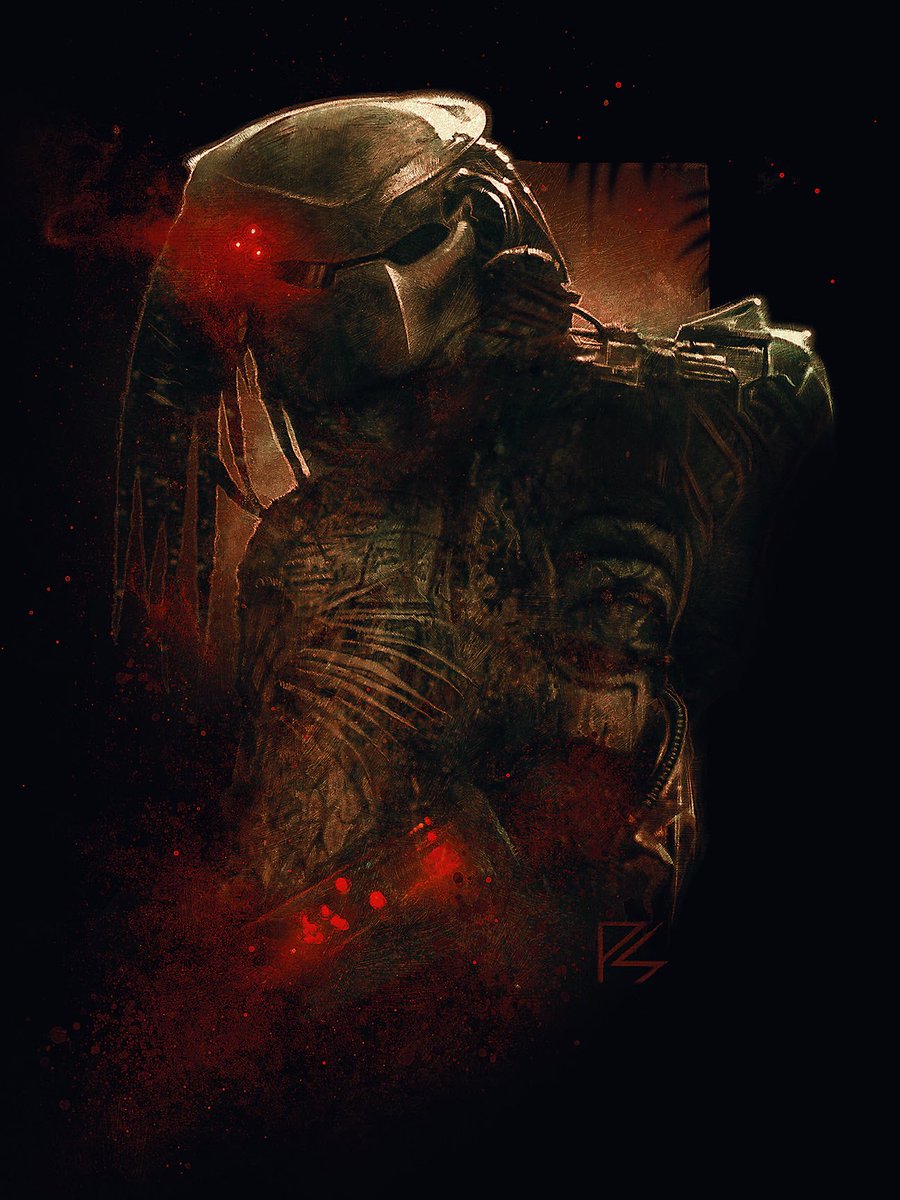Grade: A
For all the “buzz” Steve Jobs had around it last winter the movie failed to live up to expectations at the box office. Written by Aaron Sorkin (The West Wing, The Social Network) and directed by Danny Boyle (28 Days Later, Slumdog Millionaire) Steve Jobs made on a relatively small budged made a relatively small haul at the box office.
And that’s a shame because I think that Steve Jobs was one of the best movies of 2015.
 Told in three acts, Steve Jobs follows the titular character behind the scenes at three important product launches including the original Macintosh in 1984, Jobs’ NeXT Computer in 1988 and the original iMac in 1998. Which is one way Steve Jobs differs from just about every other biopic out there — it makes no attempt to tell the entire story of the subjects’ life. We only get to see Jobs in the high-stress behind the scenes environment minutes before he is about to stand on stage and deliver the next big thing. But because these events happened at different points in his life, when he was 29, 33 and 43, we see measurably different versions of the man.
Told in three acts, Steve Jobs follows the titular character behind the scenes at three important product launches including the original Macintosh in 1984, Jobs’ NeXT Computer in 1988 and the original iMac in 1998. Which is one way Steve Jobs differs from just about every other biopic out there — it makes no attempt to tell the entire story of the subjects’ life. We only get to see Jobs in the high-stress behind the scenes environment minutes before he is about to stand on stage and deliver the next big thing. But because these events happened at different points in his life, when he was 29, 33 and 43, we see measurably different versions of the man.
In the first act, Jobs is this perfectly made organism almost built for the sole purpose of creating what he sees as the most important piece of technology in the modern age; the Macintosh. He doesn’t care about the feelings of his employees, denies that a little girl is his daughter and is willing to do almost anything if it means his vision will be represented in the final product. In the second act, a more mature Jobs is still pushing boundaries and burning bridges yet now has a relationship with the girl he now sees as his own. And in the third act Jobs’ is almost completely different then the man from 1984. He’s still driven and focused but not to the point of destroying the lives of those around him though he can still be extremely caustic.
But Jobs relationship with his daughter, played by three different actresses at three different ages in the acts, is what becomes key to his story. What starts out as someone he won’t recognize as his own slowly becomes someone so important to his life that he’s willing to change for her.
I’m not sure why the movie did as poorly as it did at the box office? One reason I can think of is that Jobs has always had such a polarizing personality. Either you loved or hated him. But I doubt that there was anyone who didn’t know him. And maybe people had already formed an opinion on him either pro or con and that’s why they stayed away? Also, there was talk about the movie being more fiction than fact, which after having read Walter Isaacson’s authorized biography of Steve Jobs which this movie is based on I’d say it’s probably more fact than fiction.
On the other hand — show me the biopic that is 100% factual and I’ll show you one boring movie.
What amazes me about Steve Jobs is its structure of the three acts in three different time periods. Other than a few flashbacks both Boyle and Sorkin keep the movie in its kinetic present, with Jobs at the center of the storm as they get ready for the impending product launch while at the same time dealing with various people needing his time for various business and personal reasons.
It’s the way the movie’s told that keeps its forward momentum at a breakneck pace. And for a genera of movie that’s known for being anything but “breakneck,” I think it’s something future biopics can take note of.


